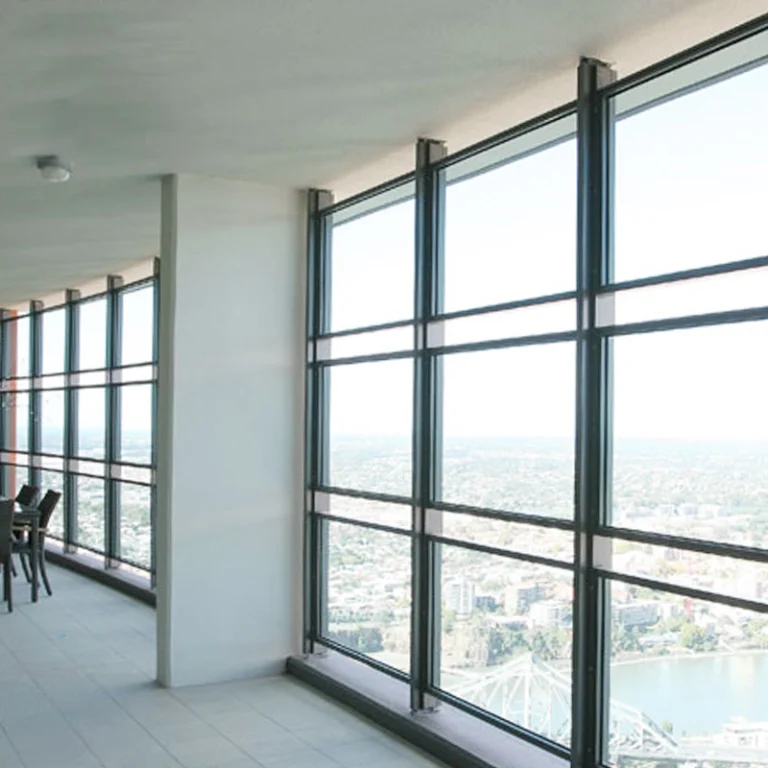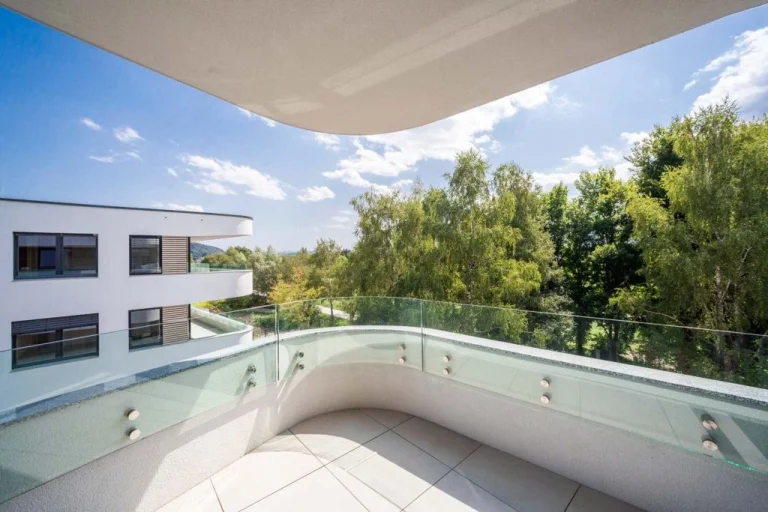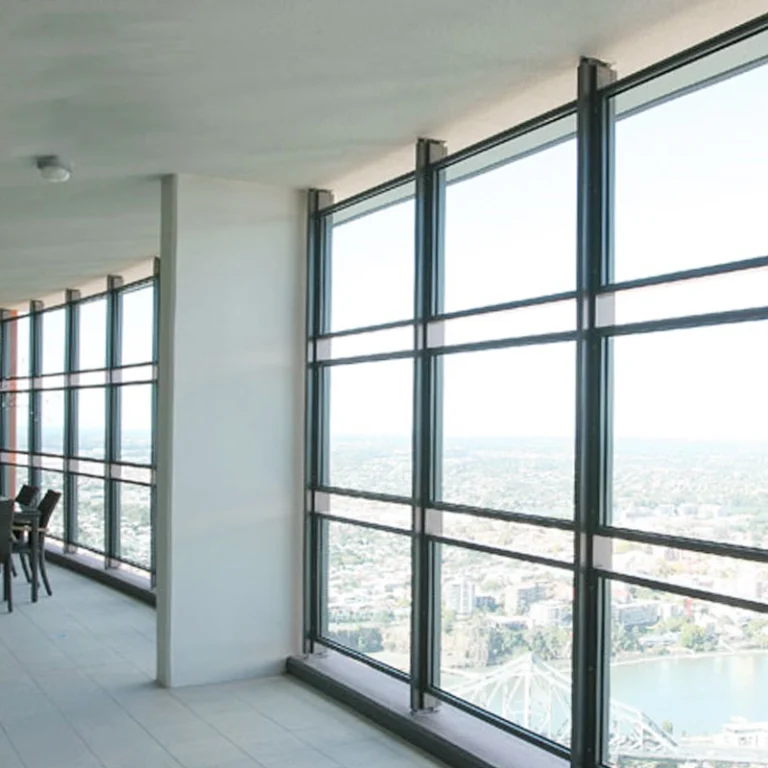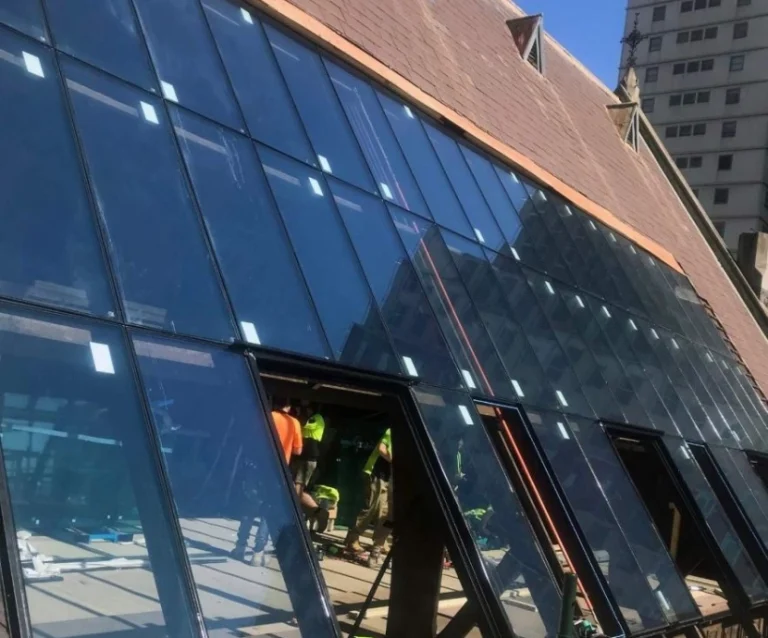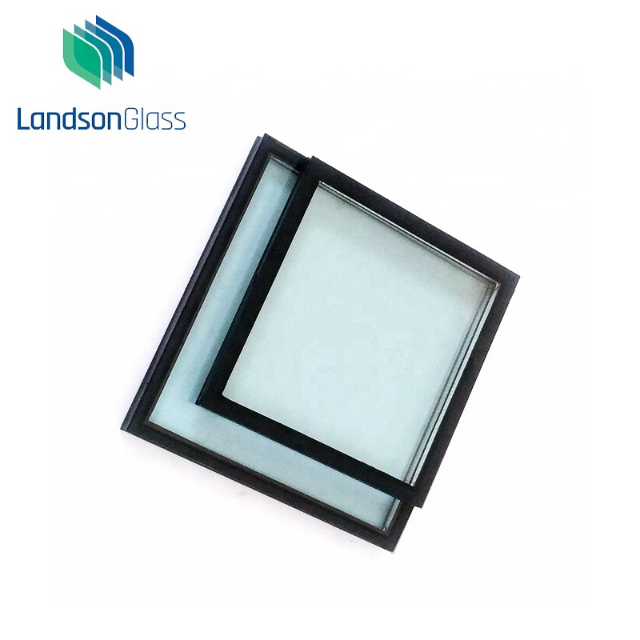
Choosing windows for your house or swapping out old ones can feel like a big puzzle. One key decision is picking between argon filled and air filled insulated glass units (IGUs). This choice changes how cozy, cool, or quiet your home stays. It also hits your wallet differently. Let’s make it clear and simple, so you don’t need to be a window whiz to understand.
What Are IGUs and Why Do They Matter?
Let’s start easy. An IGU is made of two or more glass sheets stuck together with a spacer along the edges. The space in between holds either air or argon gas. This setup keeps heat from sneaking in or out. It makes your home warm in winter and cool in summer. Plus, it can hush outside noises sometimes.
Landson Glass, a company you can count on with loads of experience, builds top quality IGUs for homes and offices. They offer IGUs in types like laminated, toughened, and heat strengthened glass. You can pick exactly what your home needs.
Argon Filled IGUs: Pros and Considerations
Argon gas is thicker than air, which makes it a great choice for keeping your home insulated. Let’s check out what makes argon filled IGUs stand out.
Advantages
Top Notch Insulation
Argon stops heat better than air. Less warmth leaks out your windows. In numbers, argon filled IGUs improve U-values by 10-15% compared to air filled ones.Saves on Bills
Homes with argon IGUs often cut down on heating and cooling costs. They might cost more at first. But over time, smaller energy bills can make it worth it.Keeps Things Quiet
Argon’s thickness helps block noisy sounds from outside. This is awesome for homes in loud, busy city spots.
Considerations
Higher Price
Argon filled units cost 10-20% more than air filled ones. The price changes depending on your window size and spacer type.Needs Careful Installation
Argon is invisible and doesn’t smell. If the seal breaks, the gas can slip out slowly. That weakens insulation. Good installation is a must.Hot Weather Effects
Really hot days can make argon a tiny bit less effective. But in most homes, this isn’t a huge problem.
Air-Filled IGUs: Affordable and Reliable
They’ve been used in homes forever and still do a great job. Here’s why they’re worth considering.

Advantages
Low Cost
Air filled IGUs are cheaper to make and put in. They’re perfect if you’re trying to save money.Easy to Handle
Since there’s no fancy gas, you don’t stress about leaks. They’re strong and work fine even if installation isn’t perfect.Fine for Mild Places
In areas without super cold or hot weather, air filled units do well. The energy savings gap compared to argon might be small.
Considerations
Not as Insulating
Air isn’t as thick as argon, so more heat gets through. U-values are usually 10-15% worse than argon filled units.Less Sound Blocking
Air filled IGUs quiet some noise, but not as much as argon. If you live in a loud city, you might hear more outside sounds.
Side by Side Comparison: Argon vs Air-Filled IGUs
Here’s a simple table to show how they stack up:
| Feature | Argon-Filled IGU | Air-Filled IGU |
|---|---|---|
| Thermal Insulation | High (U-value improved 10-15%) | Moderate |
| Energy Savings | Better long term savings | Moderate |
| Initial Cost | Higher | Lower |
| Noise Reduction | High | Moderate |
| Maintenance Sensitivity | Needs proper sealing | More forgiving |
| Best For | Cold or noisy urban areas | Mild climates or budget friendly homes |
Choosing the Right Spacer and Seal
The gas inside isn’t the only thing that matters. The spacer and sealant in IGUs also affect insulation. Landson Glass offers spacers like aluminum, warm edge, steel, and stainless steel. Sealants include polysulphide, silicone, and PIB primary seals. Picking the right combo can boost energy savings and keep windows strong for years.
Fun fact: Some people don’t think about spacers at first. Then they find out spacers help a ton with keeping heat inside during winter.
Customization with Landson Glass
Landson Glass makes custom IGUs for all kinds of window sizes and needs. Every home gets a solution that fits just right.
Practical Tips for Homeowners
Still stuck on what to choose? Try these tips:
Your Location
If your area is cold or loud, argon filled units are usually better. They keep your home warm and quiet.Your Budget
In mild climates or homes you won’t stay in long, air filled units save money and work fine.Window Size
Big windows might make argon worth the extra cash. You’ll save more on energy over time.Long Term Plans
If you’re staying in your home for 10 years or more, argon’s savings can really add up.
Conclusion
Both argon and air filled IGUs have their perks for home windows. Argon units give awesome insulation, save more on energy, and block noise better. They’re great for cold or loud city areas. Air filled units are easier on your wallet and reliable, especially in milder climates.
Your choice depends on where you live, how much you can spend, and your plans. With Landson Glass’s high quality, custom IGUs, you can pick the perfect unit for comfort and cost. A window isn’t just a piece of glass, it’s your ticket to a warm, money saving, and peaceful home.
FAQs
What is the main difference between argon vs. Air filled IGUs?
Argon filled IGUs insulate better because the gas is thicker. This cuts heat loss and lowers bills. Air filled IGUs are cheaper but not as efficient.Are argon filled IGUs worth the extra cost?
In cold or noisy spots, argon units often save enough energy and boost comfort to make the price worth it.Can I upgrade my existing air filled IGUs to argon filled units?
You can’t just add argon. You’d need to replace the whole IGU. Landson Glass offers custom units to match your frames.How long do argon filled IGUs last?
With good seals and installation, they last 15-25 years, working well for most of that time.Does Landson Glass offer both argon and air filled IGUs?
Yes, Landson Glass provides high quality IGUs with either argon or air, made to fit your home.



